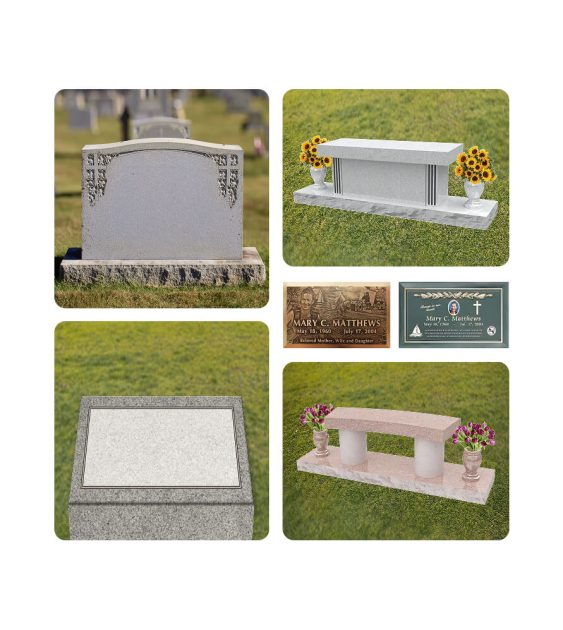Documenting Life Stories and Create Memory Books for your Family

In an age where digital communication often feels fleeting, the art of storytelling through documenting life stories or creating memory books has become increasingly valuable. These practices not only preserve personal and family histories but also offer numerous emotional and cognitive benefits. This article explores the importance of documenting life stories and creating memory books, providing insights and practical tips to encourage readers to embark on this meaningful journey.
The Importance of Documenting Life Stories
Documenting life stories is more than just a nostalgic exercise; it serves as a powerful tool for self-reflection, personal growth, and legacy building. Here are some key reasons why documenting your life story is essential:
- Preserving Family History and Cultural Heritage: By writing your life story, you capture not only personal events but also the cultural context and family traditions that shaped you. This preservation of history is invaluable for future generations who want to understand their roots and the world their ancestors lived in
- Providing Insight and Wisdom for Future Generations: Your experiences, both triumphs and challenges, can offer valuable lessons to those who come after you. By sharing your story, you’re passing on hard-earned wisdom that can guide and inspire others facing similar situations
- Gaining Perspective on Your Own Life: The process of writing your life story often leads to new insights about yourself and your experiences. It can help you see patterns, understand your motivations, and appreciate your personal growth over time
- Therapeutic Benefits: Writing about your life can be a form of therapy. It allows you to process past events, confront difficult memories, and celebrate your achievements. Studies have shown that writing about specific upsetting memories can be as effective as traditional therapy in treating certain mental health conditions
The Benefits of Creating Memory Books
Memory books are visual chronicles that encapsulate an individual’s life journey through photographs, mementos, letters, and other significant tokens. Here are some benefits of creating memory books:
- Emotional Anchoring: Memory books provide individuals with a sense of continuity, bridging their past with their present. Engaging with these books can evoke feelings of joy, nostalgia, and comfort
- Stimulating Cognitive Functions: Regularly browsing through a memory book can stimulate the brain. Recognizing familiar faces, recalling past events, or even reading captions can activate various cognitive processes
- Enhancing Communication: For caregivers and family members, memory books become communication tools. They serve as conversation starters, facilitating meaningful interactions and shared experiences
- Strengthening Family Bonds: Creating a memory book often becomes a collaborative endeavor, involving family members. This process not only results in a beautiful keepsake but also strengthens familial bonds
- Providing a Sense of Accomplishment: The act of creating and maintaining a memory book offers individuals a sense of accomplishment and pride in their personal history and achievements
Encouraging Readers to Document Their Life Stories
Starting the journey of documenting your life story can be daunting, but here are some practical tips to help you get started:
- Start Simple: Begin by jotting down memories as they come to you, without worrying about chronological order or thematic significance. As you progress, you can start organizing these snippets into a more structured narrative
- Use Writing Prompts: Writing prompts can help trigger memories and provide a starting point for your storytelling. Consider prompts like “Describe your childhood home” or “What was a pivotal moment in your life?”
- Incorporate Multimedia: Don’t limit yourself to just writing. Include photographs, letters, and other mementos that add depth and context to your story
- Share Your Story: Sharing your story with family and friends can provide additional perspectives and memories that you might have forgotten. It also makes the process more interactive and engaging
- Reflect and Revise: Writing your life story is an ongoing process. Take time to reflect on what you’ve written and revise it as needed. This reflection can lead to new insights and a deeper understanding of your journey
The art of storytelling through documenting life stories or creating memory books is a profound way to preserve personal and family histories. It offers emotional, cognitive, and therapeutic benefits, while also providing a legacy for future generations. By starting simple, using writing prompts, incorporating multimedia, sharing your story, and reflecting on your experiences, you can create a meaningful and lasting record of your life journey. Embrace the art of storytelling and begin documenting your life story today.
1: Kindred Tales, “The Ultimate Guide to Capturing Your Life Story”
2: US News Health, “The Health Benefits of Documenting Your Life Story”
3: Rittenhouse Village, “Creating Memory Books and Their Benefits for Individuals with Dementia”
4: TerraBella, “Creating A Memory Book And How It Benefits Dementia Patients”
5: Pyrilia, “Creating a Legacy: How to Preserve Your Life Stories for Future Generations”



